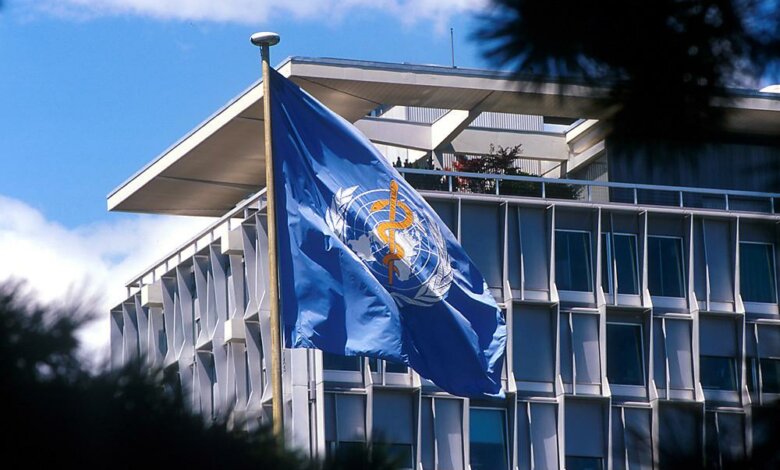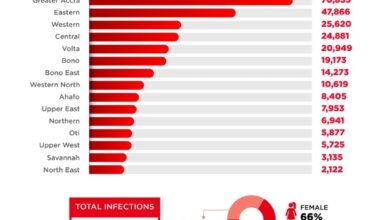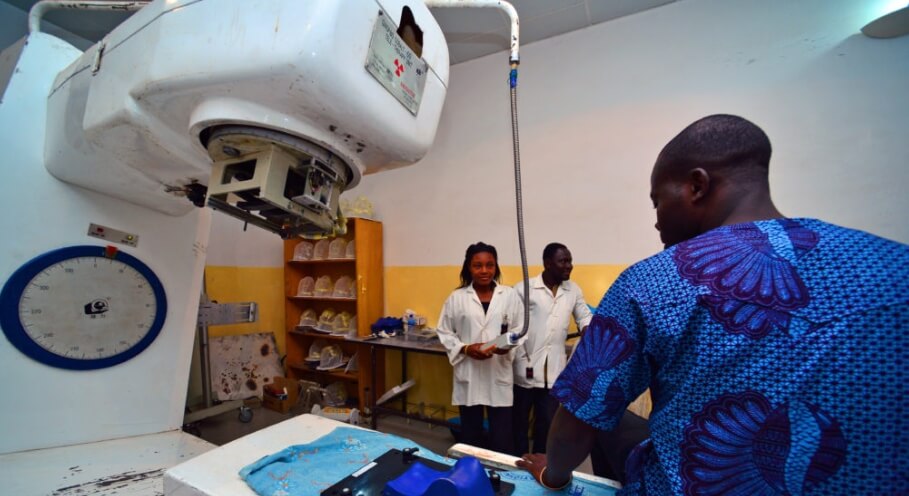WHO to Rename Monkeypox Following the ‘Stigmatisation’ of West Africa

After a group of scientists said the name was “stigmatizing,” the World Health Organization (WHO) will rename the spreading monkeypox virus.
The removal of the monkeypox moniker follows a letter written last week by a group of 30 worldwide scientists stating the “urgent need” to change the name.
“There is an increasing narrative in the media and among many scientists that are trying to link the present global outbreak to Africa or West Africa, or Nigeria. Further, the use of geographical labels for strains of MPXV, specifically, references to the 2022 outbreak as belonging to the “West African” or “Western African” clade, strain, or genotype,” part of the letter states.
The scientists in their letter therefore noted “that a nomenclature that is neutral, non-discriminatory and non-stigmitizing will be more appropriate for the global health community.”
In response to the claim and similar ones like it, WHO Director-General Tedros Adhanom Ghebreyesus announced at a press briefing on Tuesday that, the “WHO is also working with partners and experts from around the world on changing the name of monkeypox virus.” He added that the organisation “will make announcements about the new names as soon as possible.”
Read Also: How psilocybin, the psychedelic in mushrooms, may rewire the brain to ease depression, anxiety and more
In May, the Foreign Press Association, Africa (FPAA) also expressed its displeasure with the use of photos of black people in reports about the monkeypox outbreak in North America and the United Kingdom by media outlets.
The organization condemned the propagation of it as a “negative stereotype” that associates Africans with disaster and other races with privilege or immunity, in a press release.
According to the Centers for Disease Control and Prevention, 1,600 confirmed cases and another 1,500 probable cases have been discovered in 39 countries throughout the world. In total, 72 people have died as a result of the infection.
The condition causes flu-like symptoms as well as rashes, and it spreads through close contact.
Abeeb Lekan Sodiq is a Managing Editor & Writer at theafricandream.net. He’s as well a Graphics Designer and also known as Arakunrin Lekan.




